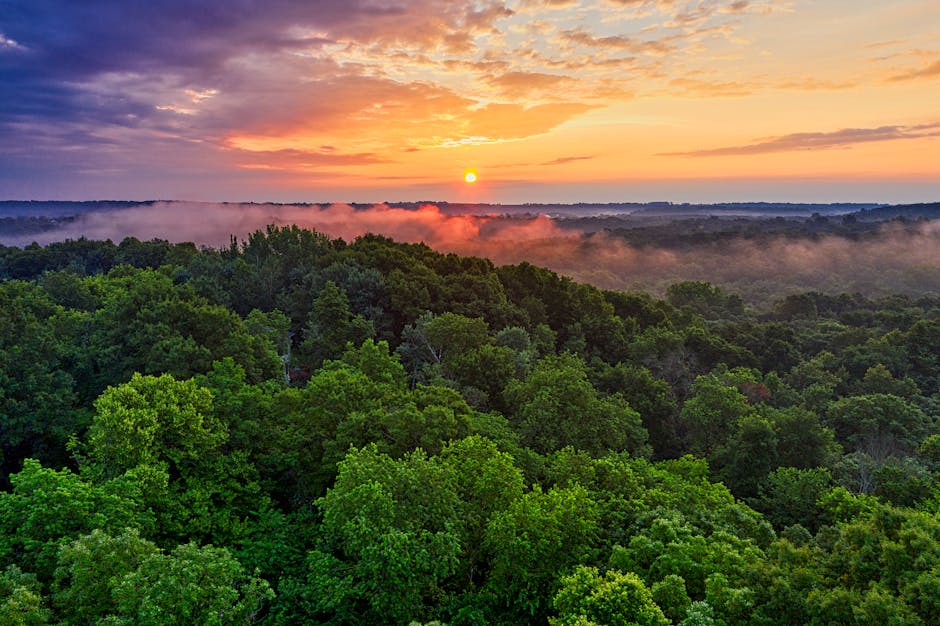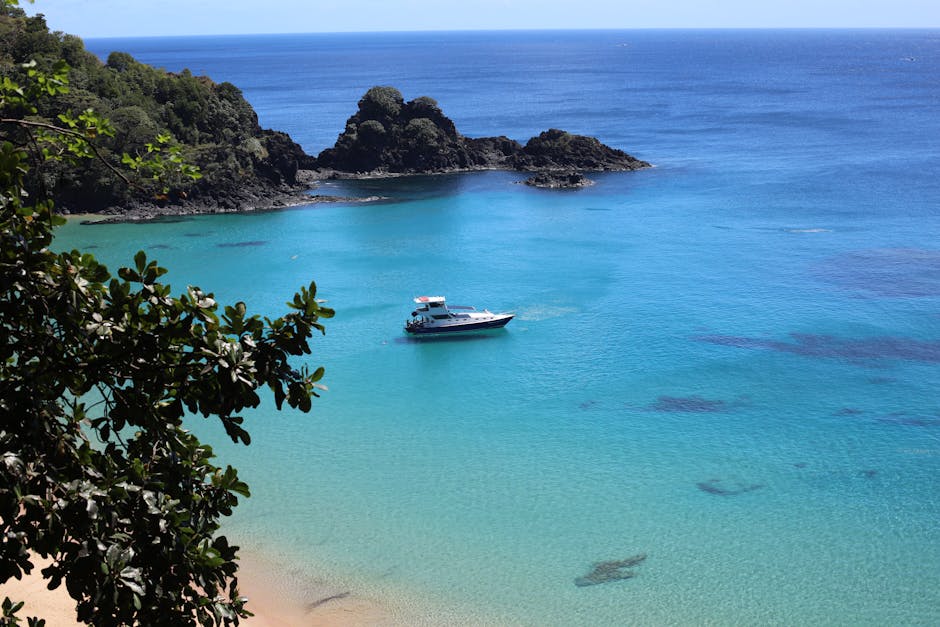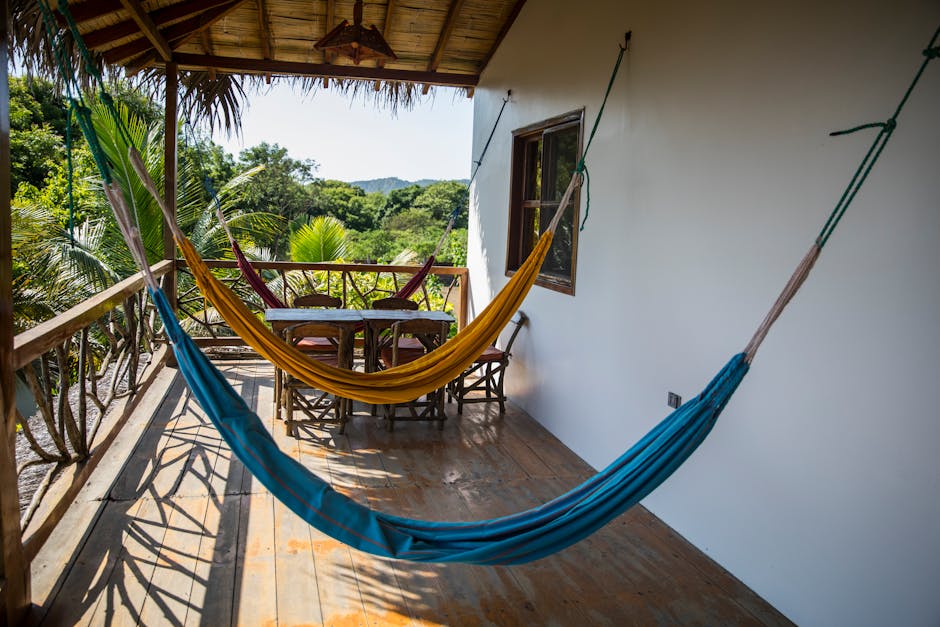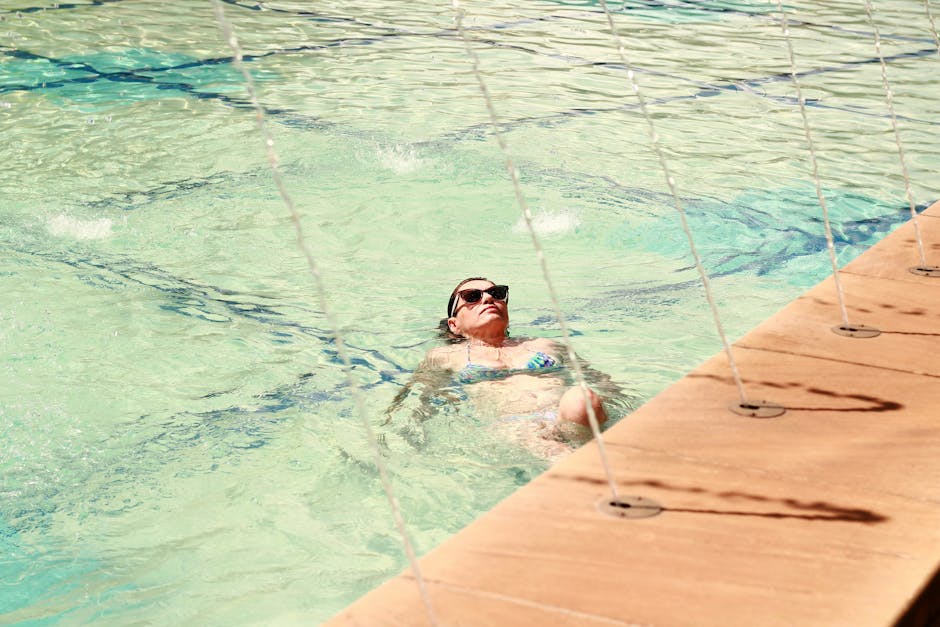- Why Sustainable Travel in Brazil Matters More Than Ever
- Understanding Green Tourism: What to Look For
- Spotlight on Brazil's Premier Green Destinations and Sustainable Lodges
- The Amazon Rainforest: Immersive Wilderness and Conservation
- The Pantanal: Wildlife Spectacle and Ranching Heritage
- Bonito: Pristine Rivers and Responsible Aquatic Adventures
- Chapada Diamantina: Trekking Through Ancient Landscapes
- Fernando de Noronha: Island Paradise and Marine Conservation
- How You Can Be a Responsible Eco-Traveler in Brazil
brazil is a land of breathtaking diversity, a vibrant tapestry woven from the emerald threads of the Amazon, the golden hues of its sun-drenched beaches, and the rich biodiversity of its wetlands and forests. For many, a trip to Brazil is a dream come true, an immersion in nature’s grandeur and a culture teeming with life. But what if you could experience all this wonder while actively contributing to its preservation? That’s the heart of eco-friendly travel, and Brazil is rapidly becoming a leader in sustainable tourism, offering incredible opportunities to explore responsibly.
Choosing an eco-friendly journey means more than just appreciating beautiful landscapes; it means making conscious decisions that minimize your environmental impact and maximize positive contributions to local communities. It’s about authentic experiences, learning, and leaving places better than you found them. Let’s dive into how you can explore Brazil’s natural treasures with a green heart.
Why Sustainable Travel in Brazil Matters More Than Ever
Brazil is home to approximately 60% of the Amazon rainforest, the largest tropical wetland (the Pantanal), and a significant portion of the Atlantic Forest, among other vital biomes. This incredible natural heritage faces constant threats from deforestation, climate change, and unsustainable development. By opting for sustainable lodges and green tourism operators, you become part of the solution. You directly support:
- Conservation Efforts: Many eco-lodges invest a portion of their profits into protecting local ecosystems and wildlife.
- Local Communities: Sustainable tourism creates jobs and economic opportunities for indigenous peoples and rural communities, providing alternatives to destructive industries.
- Cultural Preservation: It encourages the respectful appreciation and maintenance of traditional cultures and knowledge.
- Environmental Education: It raises awareness among travelers about the importance of biodiversity and responsible practices.
Your travel choices have power. They can help safeguard these irreplaceable natural wonders for future generations.
Understanding Green Tourism: What to Look For
When planning your eco-friendly Brazilian adventure, it’s helpful to know what makes a lodge or tour truly ‘green.’ Look for:
- Certifications: While not ubiquitous, certifications from organizations like the Global Sustainable Tourism Council (GSTC) or local equivalents are a good indicator.
- Water and Energy Efficiency: Lodges that use renewable energy sources (solar panels), rainwater harvesting, and efficient water management systems.
- Waste Management: Robust recycling programs, composting, and efforts to minimize single-use plastics.
- Local Sourcing: Restaurants that source food locally, supporting regional farmers and reducing carbon footprint.
- Community Engagement: Properties that employ local staff, offer fair wages, and involve communities in tourism planning.
- Conservation Programs: Direct involvement in wildlife protection, reforestation, or habitat restoration.
- Low-Impact Activities: Tours that focus on observation, education, and minimal disturbance to nature.
Spotlight on Brazil’s Premier Green Destinations and Sustainable Lodges
Brazil offers a wealth of opportunities for the conscious traveler. Here are some of the most remarkable destinations and lodges leading the way:
The Amazon Rainforest: Immersive Wilderness and Conservation
The Amazon is arguably the planet’s most vital ecosystem, and exploring it sustainably is crucial. Eco-lodges here often focus on low-impact access, community partnerships, and direct conservation. You’ll wake to the symphony of the jungle, spot incredible wildlife, and learn about the forest from those who call it home.
- Anavilhanas Jungle Lodge (Novo Airão, Amazonas): Located on the Rio Negro, within the Anavilhanas National Park archipelago, this lodge is an incredible example of luxury meeting sustainability. They focus on minimal impact construction, waste management, and offer activities like piranha fishing, caiman spotting, and forest trails, always with expert local guides who emphasize respect for nature. Their operations are designed to integrate seamlessly with the natural environment, providing an intimate experience without disturbing the delicate balance.
- Cristalino Jungle Lodge (Alta Floresta, Mato Grosso): Nestled in a private reserve bordering the Cristalino State Park, this lodge is world-renowned for birdwatching and its commitment to conservation. It’s a sanctuary for biodiversity, with two 50-meter observation towers offering unparalleled canopy views. The lodge actively supports the Cristalino Foundation, which promotes conservation, research, and environmental education in the region. They have a deep respect for the ecosystem, using sustainable building materials and energy solutions.

The Pantanal: Wildlife Spectacle and Ranching Heritage
The Pantanal, the world’s largest tropical wetland, is a haven for wildlife, often easier to spot here than in the dense Amazon. Sustainable tourism in the Pantanal often involves traditional fazendas (ranches) that have diversified into ecotourism, blending cattle ranching with wildlife observation and conservation.
- Caiman Ecological Refuge (Miranda, Mato Grosso do Sul): One of the pioneers of ecotourism in the Pantanal, Caiman operates on a vast private cattle ranch that has dedicated a significant portion of its land to conservation. They are famous for their Jaguar Project (Projeto Onçafari), which studies and habituates jaguars, allowing guests incredible opportunities to see these elusive big cats responsibly. Guests stay in luxurious lodges (Baiazinha or Cordilheira) and engage in activities like horseback riding, jeep safaris, and nature walks, all guided by expert naturalists. Their commitment to sustainability is profound, supporting local communities and scientific research.
- Pousada Rio Mutum (Barão de Melgaço, Mato Grosso): This lodge offers an authentic Pantanal experience with a focus on fishing and wildlife observation. While not as overtly high-end as Caiman, it represents a solid sustainable option, working closely with local communities and emphasizing low-impact activities like canoe trips, horseback riding, and piranha fishing. They strive to educate guests about the Pantanal’s unique ecosystem and the importance of preserving its delicate balance.
Bonito: Pristine Rivers and Responsible Aquatic Adventures
Bonito, located in the state of Mato Grosso do Sul, is famous for its exceptionally clear rivers, springs, and sinkholes, teeming with fish. Its tourism model is a shining example of regulated ecotourism, ensuring visitor numbers are controlled to protect the fragile environment.
- Pousada Águas de Bonito: While many accommodations in Bonito focus on sustainability, Águas de Bonito is notable for its commitment to environmental practices, including solar heating, wastewater treatment, and selective waste collection. They emphasize responsible tourism practices and work with local operators who adhere to strict environmental guidelines for activities like snorkeling in the Rio da Prata, visiting the Gruta do Lago Azul (Blue Lake Cave), and exploring the Nascente Azul.
- Fazenda Baía das Pedras: Though a bit further afield than central Bonito, this fazenda offers a truly immersive experience in the surrounding cerrado and river systems. They focus on eco-friendly practices, including local sourcing and guided tours that emphasize minimal impact, such as horseback riding and birdwatching. Their commitment is to showcase the region’s natural beauty while preserving it.
Chapada Diamantina: Trekking Through Ancient Landscapes
In the heart of Bahia lies Chapada Diamantina National Park, a land of majestic table mountains (tepuis), cascading waterfalls, and vast caves. It’s a trekking paradise where sustainable tourism focuses on preserving its unique geology and supporting the traditional communities that live within the park.
- Pousada do Capão (Vale do Capão, Palmeiras): Located in a bohemian valley within the park, this pousada (and many others in the region) embodies the community-based, eco-conscious spirit of Chapada Diamantina. They prioritize local employment, support local artists and farmers, and encourage responsible trekking practices. The focus here is on immersing yourself in the stunning natural beauty while respecting the park’s fragile ecosystems and the local culture.
- Hotel Canto das Águas (Lençóis): As one of the more established hotels in Lençóis, the main gateway town to Chapada Diamantina, Canto das Águas has a long-standing commitment to sustainability. They have invested in eco-friendly infrastructure and work closely with local guides who are experts in the park’s flora, fauna, and responsible exploration techniques.
Fernando de Noronha: Island Paradise and Marine Conservation
This volcanic archipelago off Brazil’s northeast coast is a UNESCO World Heritage site and a jewel of marine biodiversity. Access is highly regulated, with a daily limit on visitors and a mandatory environmental preservation tax, ensuring its pristine ecosystems are protected. It’s a prime example of successful conservation through controlled tourism.
- Pousada Maravilha: While known for its luxury, Pousada Maravilha also operates with a strong environmental consciousness, adhering to the strict regulations of the island’s protected status. They prioritize waste reduction, water conservation, and support the local economy. Visitors to Noronha are encouraged to join guided tours that emphasize marine conservation, such as responsible snorkeling and diving, and learn about the island’s unique ecosystem.
- Local Guesthouses (Pousadas Domiciliares): Many smaller, family-run guesthouses on Fernando de Noronha offer a more intimate and often more sustainable option. They tend to have a lower environmental footprint and contribute directly to the local economy. Look for those that visibly practice waste sorting, water conservation, and energy efficiency.

How You Can Be a Responsible Eco-Traveler in Brazil
Beyond choosing sustainable lodges, your personal actions make a huge difference. Here are some tips to enhance your green travel experience:
- Pack Light and Smart: Reduce your carbon footprint on flights and make sure you have reusable water bottles, bags, and reef-safe sunscreen.
- Respect Local Culture and Communities: Learn a few Portuguese phrases, ask permission before taking photos, and engage respectfully with local customs. Support local artisans and businesses.
- Minimize Waste: Refuse single-use plastics whenever possible. Dispose of your trash properly, and consider taking your non-organic waste with you if facilities are lacking in remote areas.
- Conserve Resources: Be mindful of your water and energy consumption, especially in remote areas where resources can be scarce.
- Stick to Marked Trails: When hiking or exploring, stay on designated paths to avoid disturbing delicate ecosystems.
- Do Not Disturb Wildlife: Observe animals from a distance. Never feed, touch, or harass wildlife. Choose tour operators who enforce strict ethical guidelines for wildlife viewing.
- Educate Yourself: Learn about the local flora, fauna, and environmental challenges of the region you’re visiting.
Brazil offers an unparalleled opportunity to connect deeply with nature. By embracing eco-friendly travel, you’re not just taking a trip; you’re embarking on a journey that respects and helps preserve one of the planet’s most precious natural wonders. So, pack your bags responsibly, open your heart to new experiences, and get ready to discover the green side of Brazil!




